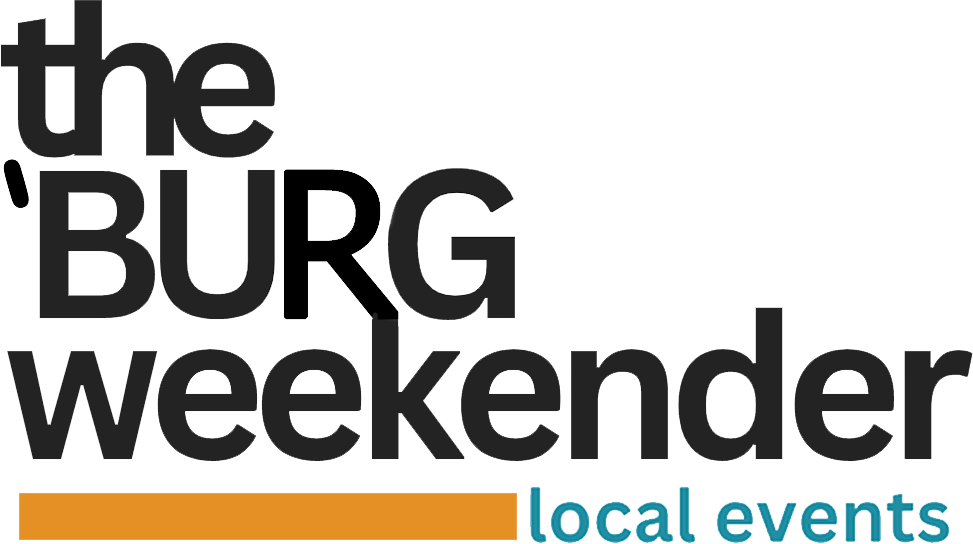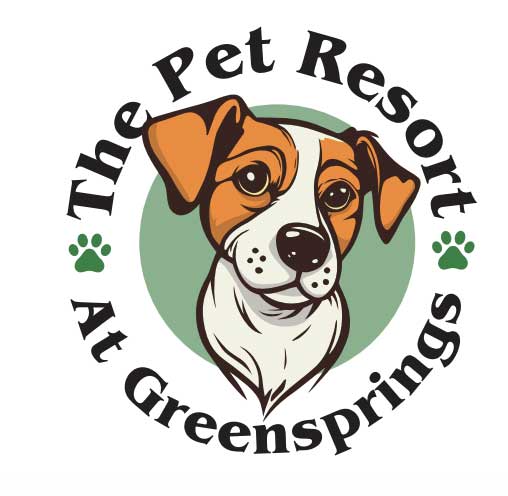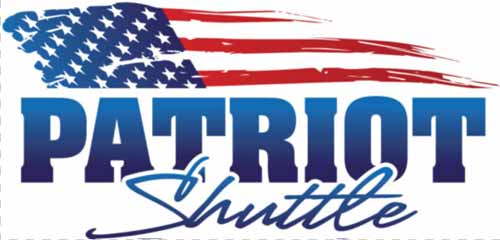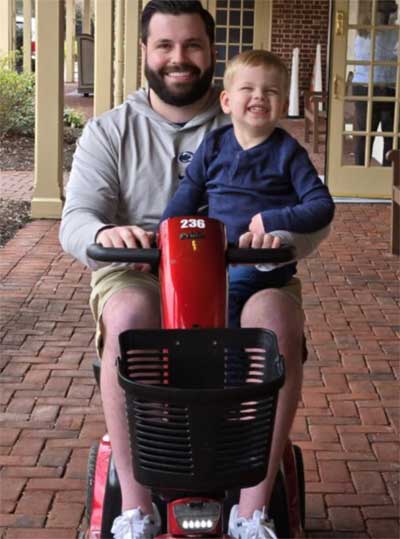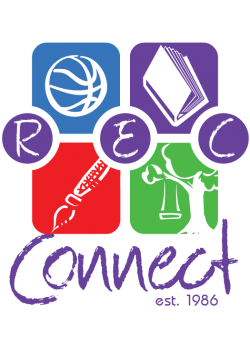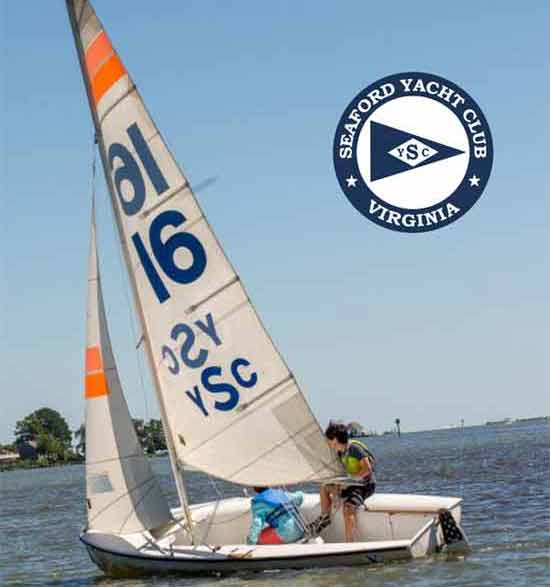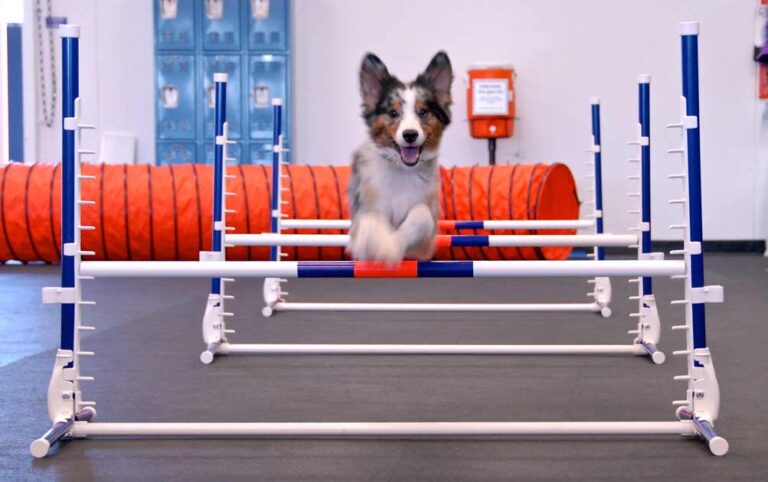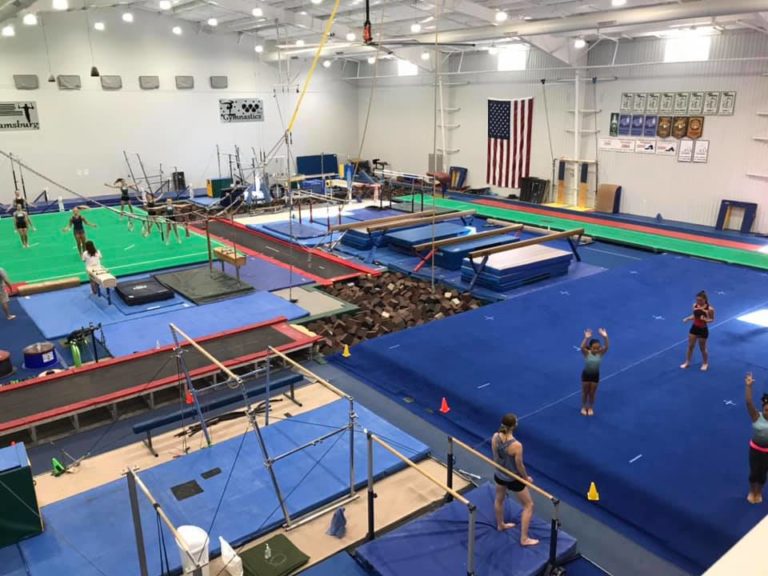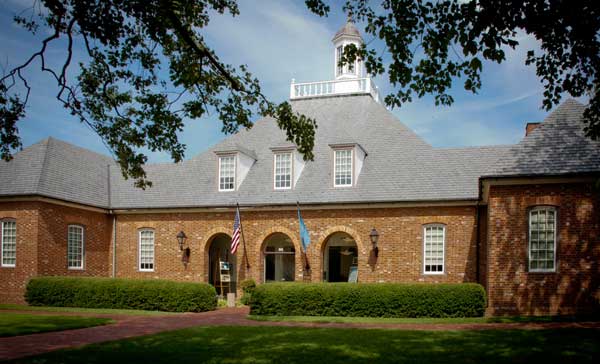Dramatic Effect on Inventor’s Ability to Obtain Patent Starting March 16,2013
By: Peter J. Van Bergen
On September 16, 2011, the America Invents Act (AIA) was signed into law. This new law has numerous provisions, some of which are already in effect. One provision that will have a dramatic effect on an inventor’s ability to obtain a patent will go into effect on March 16, 2013. Briefly, this provision changes the U.S. patent system from “first-to-invent” to “first-inventor-to-file”.
Under the current U.S.“first-to-invent” system, an inventor is allowed to rely on his documented actions prior to the filing of his U.S.patent application to prove a date of invention that is earlier than his U.S.patent application filing date. This will no longer be possible for any patent application filed on or after March 16, 2013. That is, under the new “first-inventor-to-file” system, the date you file your patent application is generally the only date that will matter.
After March 16, if you publish or publicly disclose your invention before you file a patent application, you will still have a one year grace period to file your U.S.patent application. However, this is risky since you will lose your foreign patent application filing rights and someone may file a patent application on a similar invention before you. If this should happen, your only recourse would be to institute an uncertain new proceeding called a derivation proceeding.
In light of the above, the following is recommended:
1) When possible, file a non-provisional patent application (or at least a provisional application) on any new technology before March 15, 2013, in order to place the application under the current “first-to-invent” system rules.
2) Be very cautious about publishing/disclosing any new technology on or after March 16, 2013.
3) On or after March 16, 2013, consider filing at least a provisional patent application on any new technology PRIOR TO any disclosure thereof.
4) On or after March 16, 2013, consider filing at least a provisional patent application as soon as possible for any new technology that may have value since you will be out of luck if a competitor files a patent application before you do regardless if you can show an earlier conception and reduction to practice.
© 2013 Peter J. Van Bergen
Peter J. Van Bergen 402 West Duke of Gloucester St.
Williamsburg, VA 23185
Phone: 757-220-2649petervanbergen@verizon.net
Williamsburg, VA 23185
Phone: 757-220-2649petervanbergen@verizon.net
Peter J. Van Bergen is a local patent attorney. He has a degree in electrical engineering (BSEE) was completed at Bucknell University in 1981. He received his law degree (JD) from The College of William and Mary in 1986 and he and his family have since called Williamsburg home. Peter is a registered patent attorney (Reg. No. 32178) in Williamsburg, Virginia. Since 1990, he has specialized in patent and trademark counseling and prosecution for the entrepreneur and small business.

